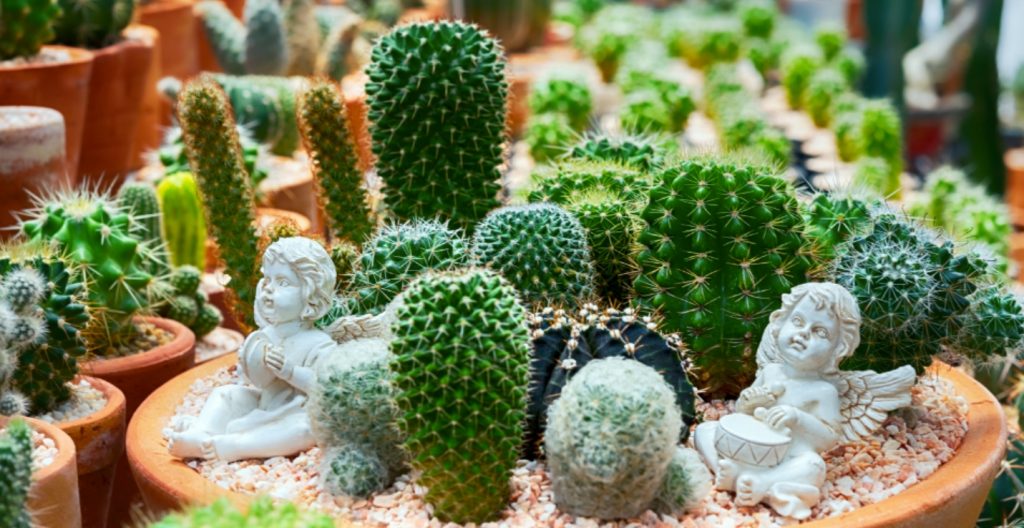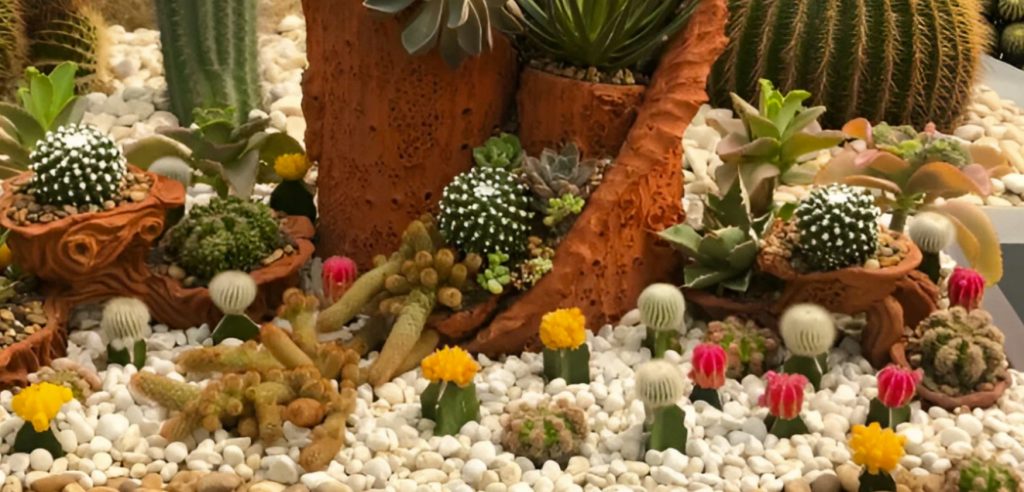Why You Should Rethink Cacti in Your Garden: The Hidden Meaning Behind Prickly Plants
Cacti and other spiky plants, such as thorny roses, can add unique texture and drama to a landscape, but if you’re aiming to create a tranquil and harmonious outdoor space, you may want to reconsider their placement. While these plants are undeniably striking, they carry symbolic meanings that might not align with the peaceful atmosphere you’re hoping to achieve.

“These sharp-edged plants are said to represent conflict and disharmony,” explains experts in garden design and feng shui. Their spines can create an unwelcoming or even aggressive feel, which is why they are often avoided in spaces meant for relaxation, meditation, or social gatherings.
Beyond symbolism, the practical aspects of spiky plants should also be considered. Cacti and thorny shrubs can pose a risk in high-traffic areas, especially in gardens where children or pets play. Their sharp spines can cause injury if brushed against, making them less ideal for walkways, patios, or cozy seating areas.

That said, if you love cacti and still want to incorporate them into your landscape, consider placing them in decorative pots or designated desert-style garden beds away from common pathways. This way, you can enjoy their sculptural beauty without compromising the comfort and serenity of your outdoor retreat.

For those looking for alternatives, opt for soft, flowing foliage and rounded-leaf plants such as ferns, peace lilies, or succulents like echeveria. These varieties not only add greenery and texture but also promote a sense of calm and balance in your garden.
Whether designing an outdoor oasis or curating an indoor plant collection, being mindful of plant selection can help shape the overall energy of your space. By choosing greenery that aligns with your vision of tranquility, you can craft a sanctuary that feels inviting, balanced, and truly restorative.
